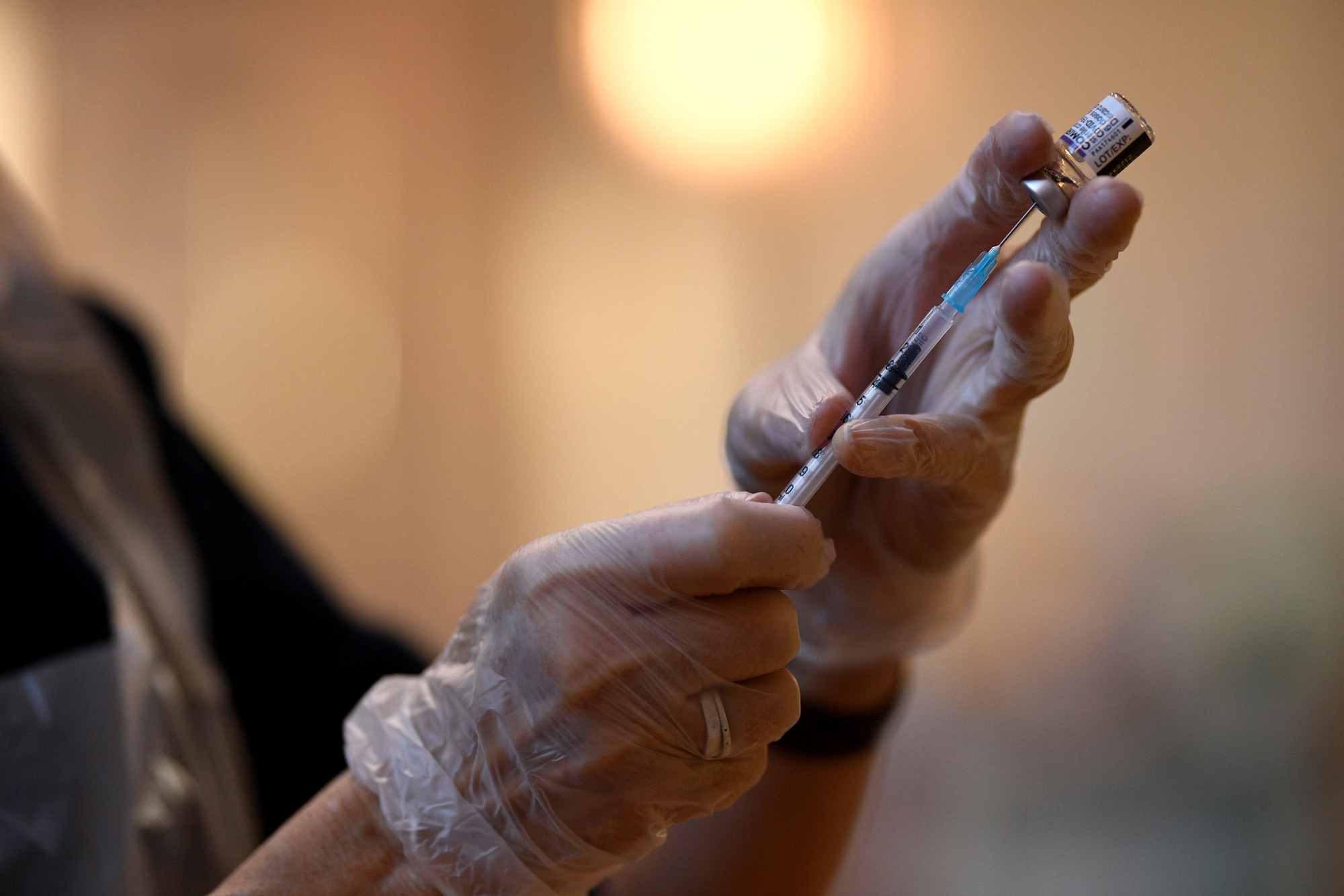
Unbalanced Covid-19 vaccine distribution around the world means that booster programs in high-income countries could prolong the pandemic by leaving poorer countries unvaccinated, World Health Organization Director-General Tedros Adhanom Ghebreyesus said Wednesday.
“It's frankly difficult to understand how a year since the first vaccines were administered, three in four health workers in Africa remain unvaccinated,” Tedros said in a media briefing.
“While some countries are now rolling out blanket booster programs, only half of WHO’s member states have been able to reach the target of vaccinating 40% of their populations by the end of the year, because of distortions in global supply. Enough vaccines were administered globally this year that the 40% target would have been reached in every country by September if those vaccines had been distributed equitably," he continued.
“About 20% of all vaccine doses administered every day are currently being given as boosters, or additional doses. Blanket booster programs are likely to prolong the pandemic rather than ending it by diverting supply to countries that already have high levels of vaccination coverage, giving the virus more opportunity to spread and mutate,” Tedros said.
Tedros has previously called for a moratorium on booster doses worldwide, and Wednesday referenced a new statement from WHO examining the use of booster doses worldwide.
“Today, the WHO strategic advisory group of experts on immunization, or SAGE, is issuing an interim statement on booster doses. SAGE concluded that the focus of immunization must remain on decreasing deaths and severe disease and expressed concern that blanket booster programs will exacerbate vaccine inequity,” Tedros said.
In this statement, the organization cited a preprint study from Mid-November, showing that when studied together, the Pfizer/BioNTech, Moderna, Johnson & Johnson and AstraZeneca vaccines saw vaccine effectiveness against severe Covid-19 decrease by about 8% over six months.
In people over age 50, the study showed a decrease in effectiveness of 10% against severe disease after six months. WHO called this a “minimal to modest” reduction in efficacy, but said the Omicron variant could change the situation.
“It's important to remember that the vast majority of hospitalizations and deaths are in unvaccinated people, not unboosted people. And we must be very clear that the vaccines we have, remain effective against both the Delta and Omicron variants,” Tedros said.
The statement said in the interest of equity, the focus inside countries should be on “improving coverage of the primary vaccination series in high risk populations as the top priority use of vaccine doses.”
The WHO and SAGE statement also noted that 126 member countries have recommended some form of booster or additional vaccination, mostly high- and middle-income countries. “In several of these countries which are administering booster doses the coverage rates for complete primary vaccination are below 30%,” the statement said.
"news" - Google News
December 23, 2021 at 04:46AM
https://ift.tt/32lagwT
Live updates: Omicron variant and coronavirus news - CNN
"news" - Google News
https://ift.tt/2DACPId
https://ift.tt/2Wh3f9n
Bagikan Berita Ini














0 Response to "Live updates: Omicron variant and coronavirus news - CNN"
Post a Comment